The Importance Of First Aid Knowledge During Hurricanes
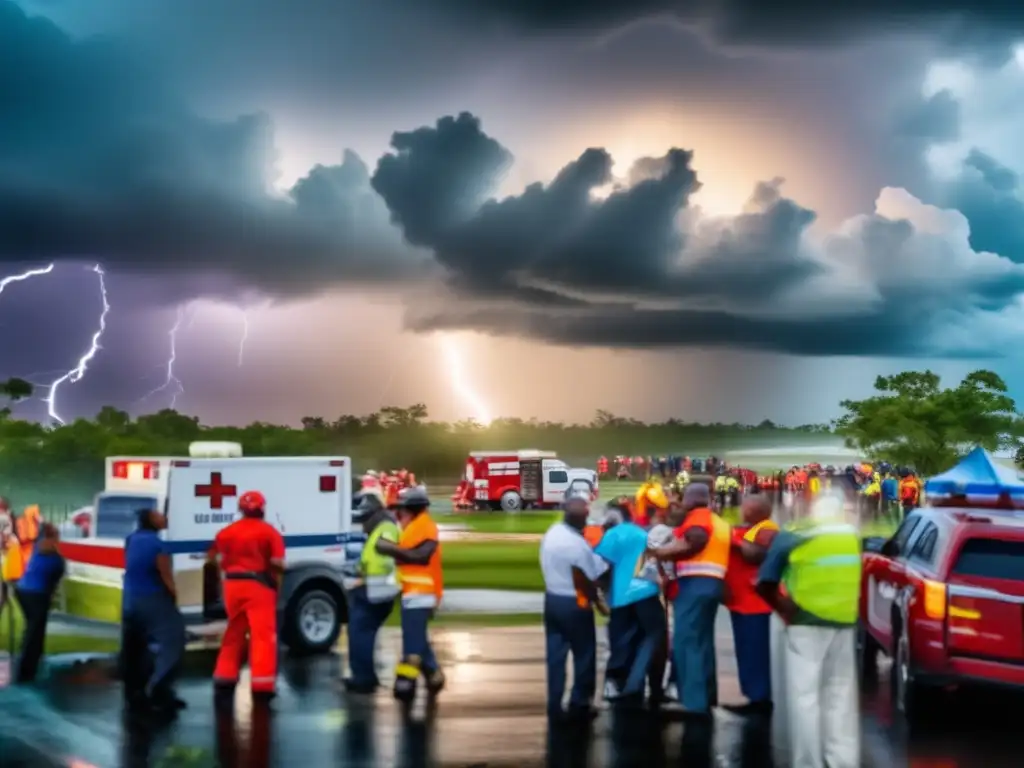
The Importance of First Aid Knowledge During Hurricanes
Introduction
A hurricane is a natural disaster that can cause significant damage and pose a threat to human life. Depending on the strength and path of the hurricane, it can cause power outages, flooding, property destruction, and even death. Therefore, it is crucial to be prepared for hurricanes' potential impact, including having a basic understanding of first aid knowledge. First aid knowledge during hurricanes can help save lives and reduce the severity of injuries.
The Basic Principles of First Aid
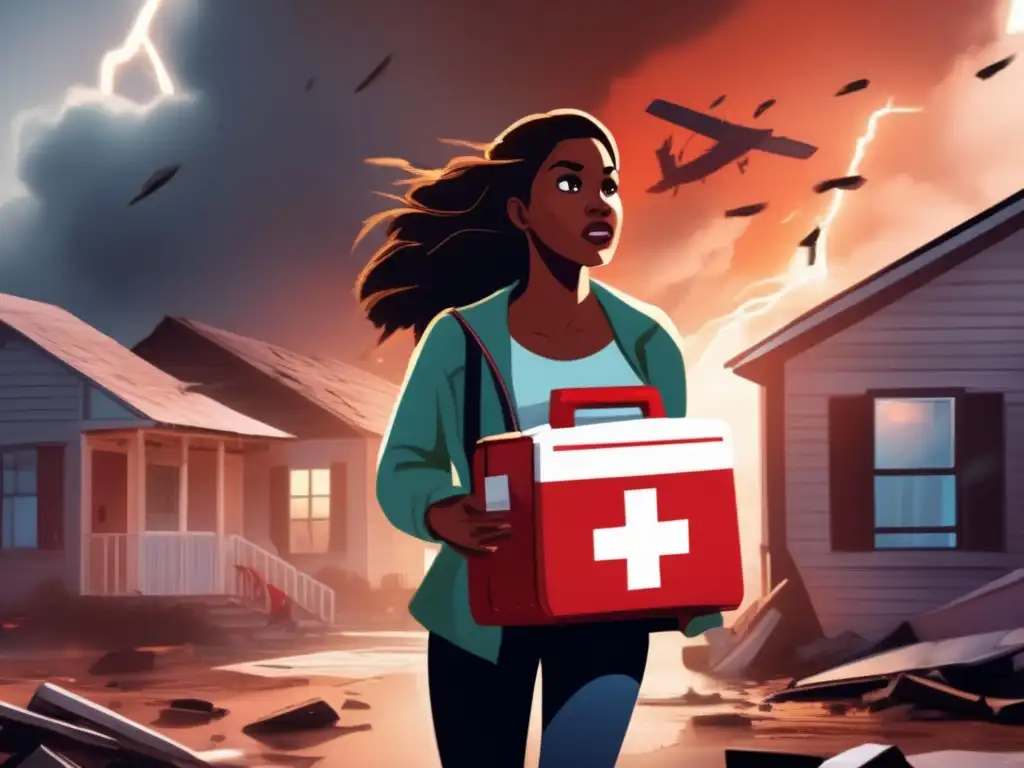
Assessing the Situation
Before administering any form of first aid, it is crucial to assess the situation's safety level to minimize the risk of further injuries. For example, a downed power line or wet flooring could create additional hazards that need to be addressed before addressing the injured.
Providing Emergency Treatment
Once it is safe to provide emergency treatment, it is essential to follow the basic principles of first aid, including:
- Call for Help: In an emergency situation, it is crucial to contact your local emergency services team immediately. Provide as much information as possible about the injured individuals and their condition.
- CPR: Learn and understand how to perform CPR so you can help someone who has stopped breathing.
- Control Bleeding: Apply pressure to the wound and elevate the extremity to help minimize blood flow. If the bleeding is uncontrolled, apply a tourniquet, but only as a last resort.
- Keep Calm and Comfortable: Keep the individual still and calm while waiting for professional help to arrive. Cover them with blankets if necessary and make sure they are in a comfortable position.
- Hydration: If fresh water is available, ensure that the injured person is hydrated. It is crucial to avoid dehydration during a hurricane, as it can lead to more severe problems.
Personal First Aid Kit
Having a personal first aid kit is essential during a hurricane. The kit should include, at a minimum:
- Bandages: Have a variety of adhesive bandages, sterile gauze pads, and rolled gauze to address varying wound sizes.
- Tweezers: Tweezers can be useful for removing splinters or glass shards from wounds.
- Antibiotic Ointment: Apply antibiotic ointment to wounds to help prevent infection.
- Latex Gloves: Wear gloves to avoid infection transfer when treating someone who has an open wound.
- Thermometer: Knowing the body temperature of an individual can help determine if they have a fever.
- Painkillers: Aspirin, acetaminophen, and ibuprofen can help relieve pain or reduce fever.
- Hydrocortisone Ointment: This type of medication can help relieve itching or inflammation caused by bug bites or rashes.
How to Prepare for First Aid Situations During a Hurricane
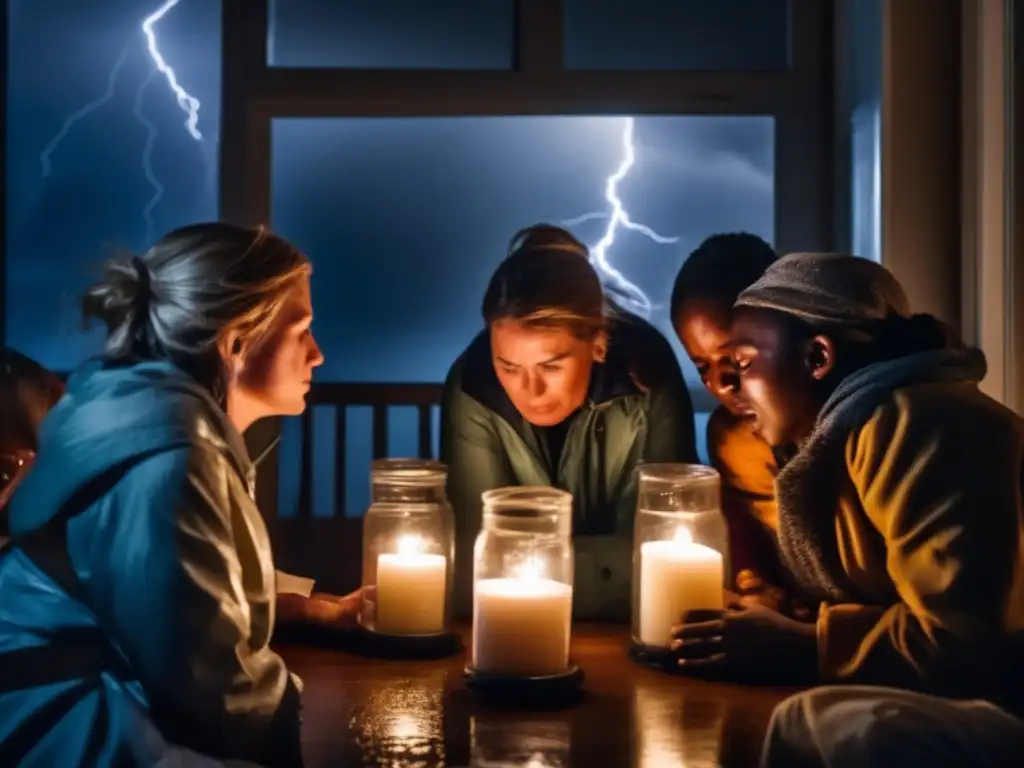
Evacuation Plan
During a hurricane, having an evacuation plan is essential. Make sure you have a designated meeting place for family members. Additionally, keep your emergency contact information updated and readily available in case someone needs to reach you during an emergency.
First Aid Training
Make sure you and your family members know the basics of first aid. The American Red Cross offers first aid training courses that can teach you the principles of administering first aid in an emergency situation.
Emergency Supplies
Make sure you have enough supplies in your home to last you for several days after a hurricane, including water, non-perishable foods, flashlights, batteries, and extra clothing. Additionally, make sure you have any necessary medications or medical supplies readily available.
The Role of First Aid in Hurricane Recovery
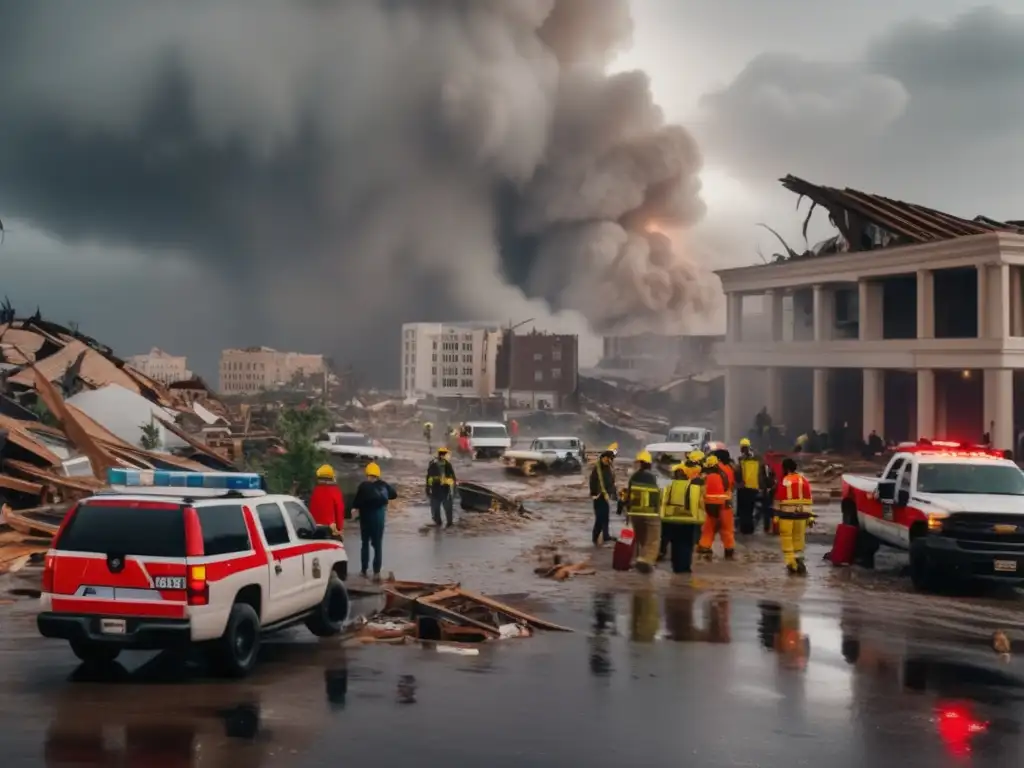
Wound Care
During the aftermath of a hurricane, there is a high possibility that you may encounter people with wounds that require first aid treatment. Follow the basic principles of first aid to help reduce the severity of injuries and save lives.
Emotional Support
In addition to physical injuries, the emotional toll of a hurricane can be overwhelming. It is crucial to provide emotional support to those who need it to help them cope with the aftermath of the disaster.
Temporary Shelter
In some cases, individuals may lose their homes or experience displacement after a hurricane. Provide temporary shelter or coordinate with local authorities to help those in need.
Frequently Asked Questions

-
What is the most important thing to remember during a first aid emergency?
The most important thing to remember during a first aid emergency is to stay calm and follow the basic principles of first aid.
-
What should I include in my personal first aid kit?
Bandages, tweezers, antibiotic ointment, latex gloves, a thermometer, painkillers and hydrocortisone ointment should be included in your personal first aid kit.
-
How can I prepare my family for first aid situations during a hurricane?
You can prepare your family by having an evacuation plan, taking a first aid training course together and making sure you have enough emergency supplies at home.
-
What is the role of first aid in hurricane recovery?
The role of first aid in hurricane recovery is to reduce the severity of injuries, provide emotional support and temporary shelter to those in need.
-
Why is it crucial to have a basic understanding of first aid knowledge during hurricanes?
It is crucial to have a basic understanding of first aid knowledge during hurricanes because it can help save lives and reduce the severity of injuries.
Conclusion
First aid knowledge is essential during a hurricane. It can potentially save lives and reduce the severity of injuries caused by the disaster. Being prepared for any emergency situation is crucial, and taking a first aid training course, creating an evacuation plan, and having enough emergency supplies at home can significantly help. Moreover, providing emotional support and temporary shelter can also help those affected by the disaster. At HurricaneInsider.org, we recommend obtaining the necessary first aid knowledge to be prepared for any potential hurricane impact.
If you have any additional questions or thoughts, please feel free to share them in the comments section below. Positive engagement with HurricaneInsider.org is always encouraged, whether by subscribing, sharing the article on social media, or engaging with other hurricane-related content. We appreciate your time and attention and hope this article has provided valuable information about the importance of first aid knowledge during hurricanes.
Additional Resources
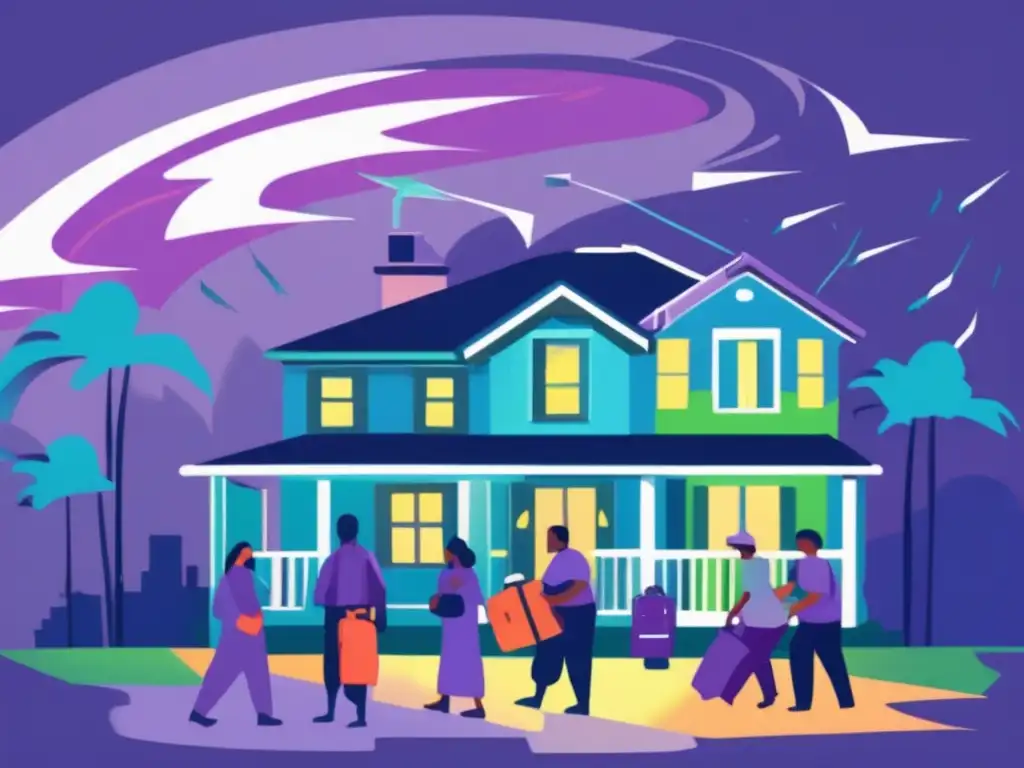
If you want to discover more articles similar to The Importance Of First Aid Knowledge During Hurricanes, you can visit the Hurricane preparedness: category.
Leave a Reply


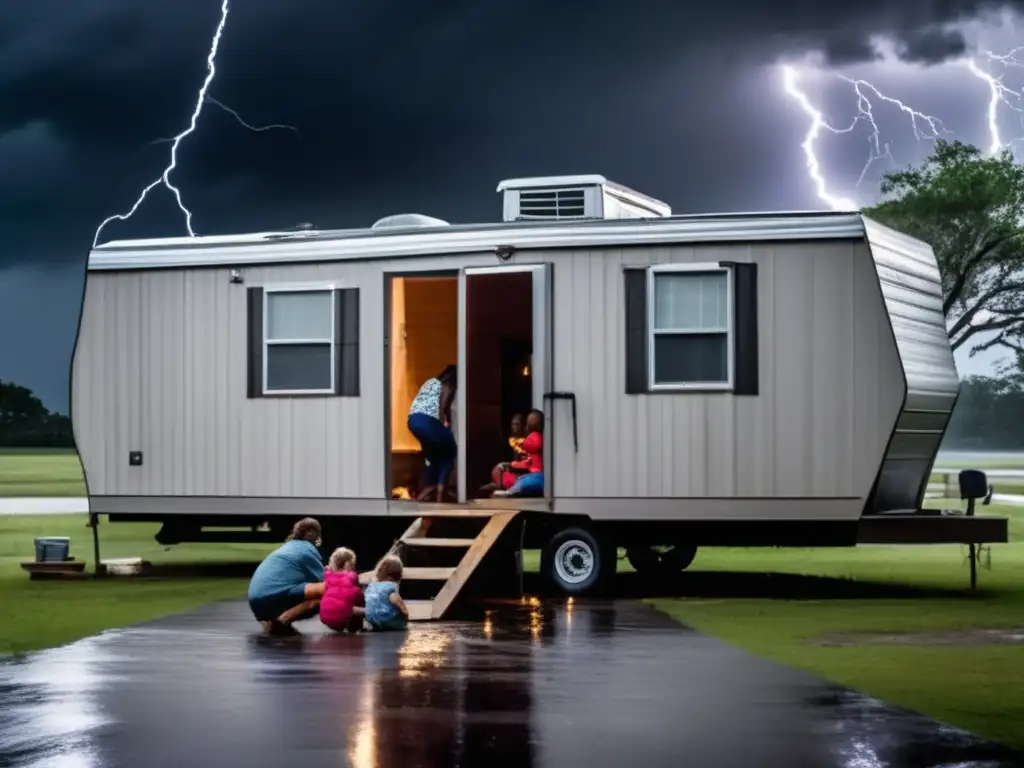
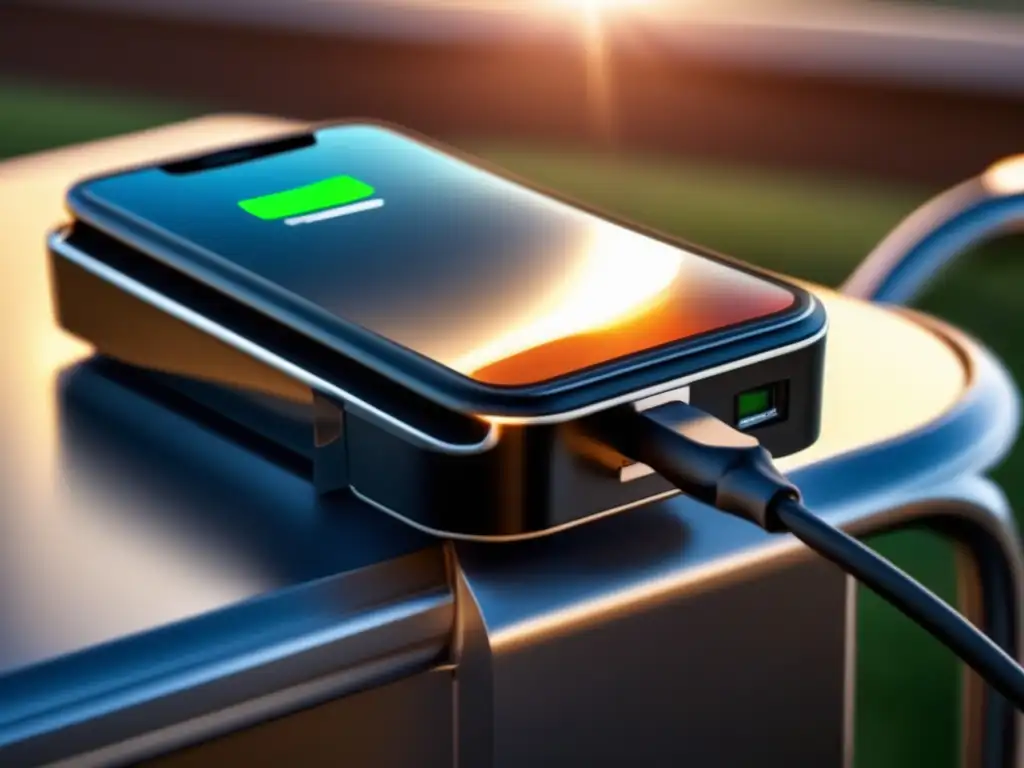
Articulos relacionados: